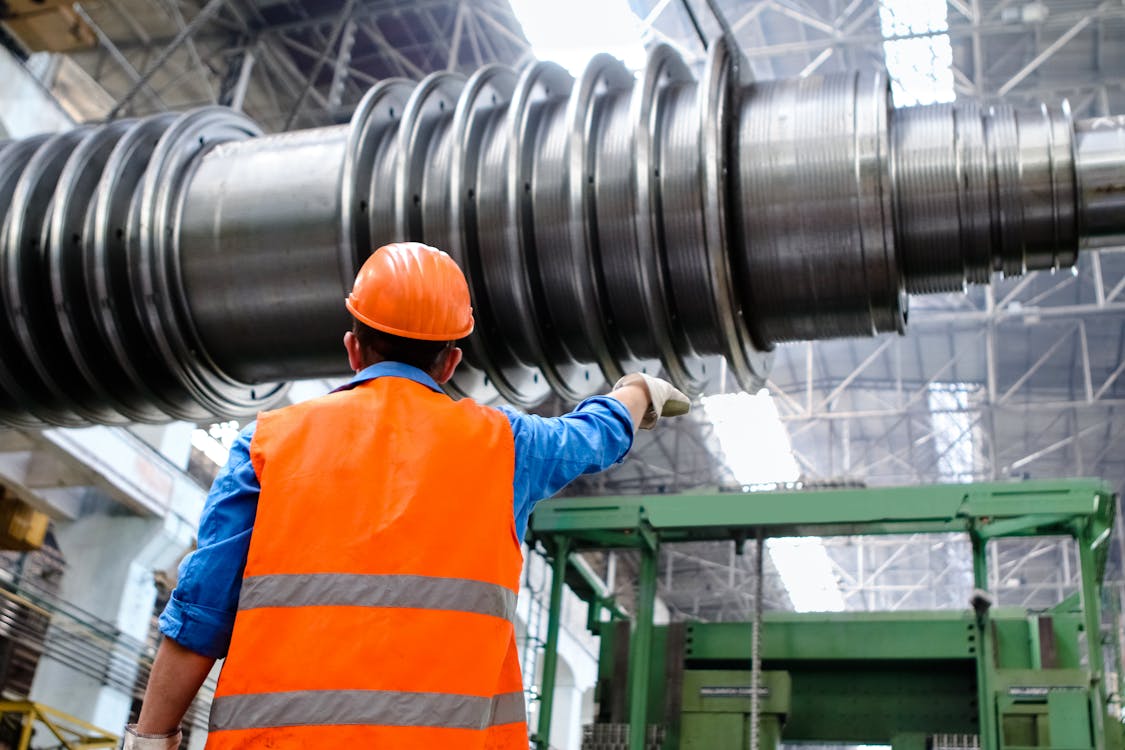Hydrogen industry in Europe: the progress made so far
 On February 16th, 2024, EU Commissioner for Energy, Kadri Simson, delivered a speech during the International Hydrogen Colloquium “Creating a European & Worldwide Market” in Liège, Belgium. The speech outlined some important milestones reached in the hydrogen industry development in Europe.
On February 16th, 2024, EU Commissioner for Energy, Kadri Simson, delivered a speech during the International Hydrogen Colloquium “Creating a European & Worldwide Market” in Liège, Belgium. The speech outlined some important milestones reached in the hydrogen industry development in Europe.
The Russian invasion of Ukraine and the subsequent energy crisis outlined the strategic importance of hydrogen, both for the carbon neutrality goal by 2050, and as a clean, competitive, and secure energy supply for the EU. This started a path for creating a regulatory framework, infrastructure, and investment facility for hydrogen, culminating in significant goals reached in the sector under NextGenerationEU and REPowerEU:
- Over 17 billion euros in State Aid were authorized, for roughly 80 hydrogen projects across the EU;
- 1.7 billion euros were allocated to support 106 projects under different EU funding programmes;
- The 4-billion-euro Innovation Fund opened for eligibility to innovative hydrogen projects.
Commissioner Simson also outlined the critical progress made with the launch of the first auction under the European Hydrogen Bank, instituted to fill the financial void for renewable hydrogen producers and investors. Its goal is to compensate for the price difference between conventional and renewable hydrogen, making European consumers pay the same price for both renewable and fossil-based energy.
The first EU auction was launched with an 800 million euro budget, with also the possibility for Member States to apply for auctions. In this case, Simson publicly commended Germany for joining, with an additional 350 million euros. The first call received 132 bids, “meaning that 132 projects of renewable hydrogen production in the EU found an off-taker”, said Simson. But the road for the Bank is still in the making: the Commissioner called for “bigger projects” and “bringing the costs down”, announcing a further commitment of 2.2 billion euros for this year's auctions and opening participation for third countries' producers in the foreseeable future.
There is also good news on the front of bilateral agreements: the EC signed Memoranda of Understanding with Namibia and Kazakhstan, which include both hydrogen and critical raw materials, and agreements on energy and hydrogen with Azerbaijan, Morocco, Egypt, Japan, Ukraine, Norway, Argentina, and Uruguay.
Sijmson concluded her speech by commending several of the EU Member States for their low renewable hydrogen production costs, citing Portugal, Greece, and Bulgaria as frontrunners in this regard. The EU now counts 254 renewable hydrogen projects, 170 of which are in operation and 84 under construction, totalling almost 3 GW of installed capacity.